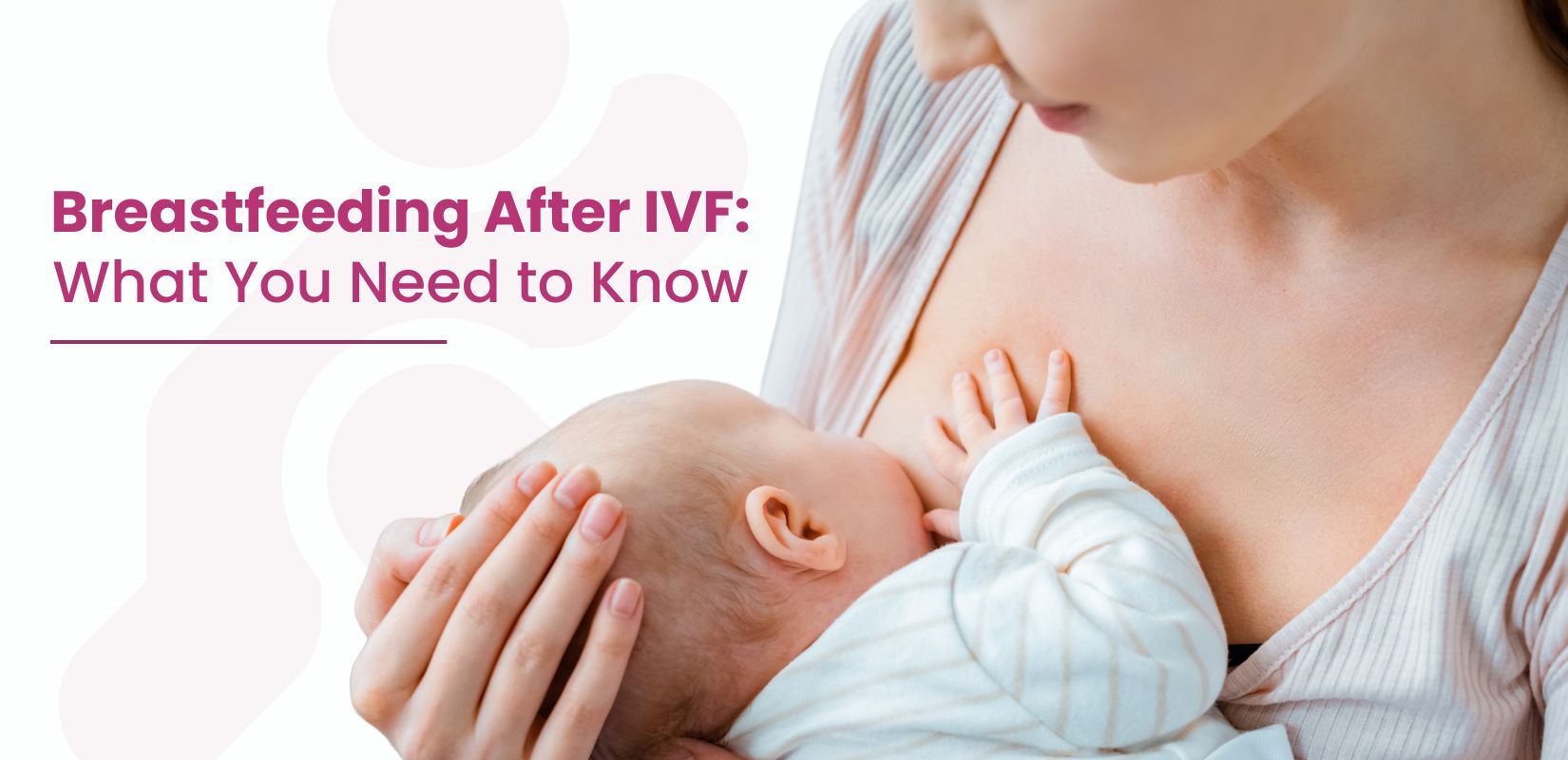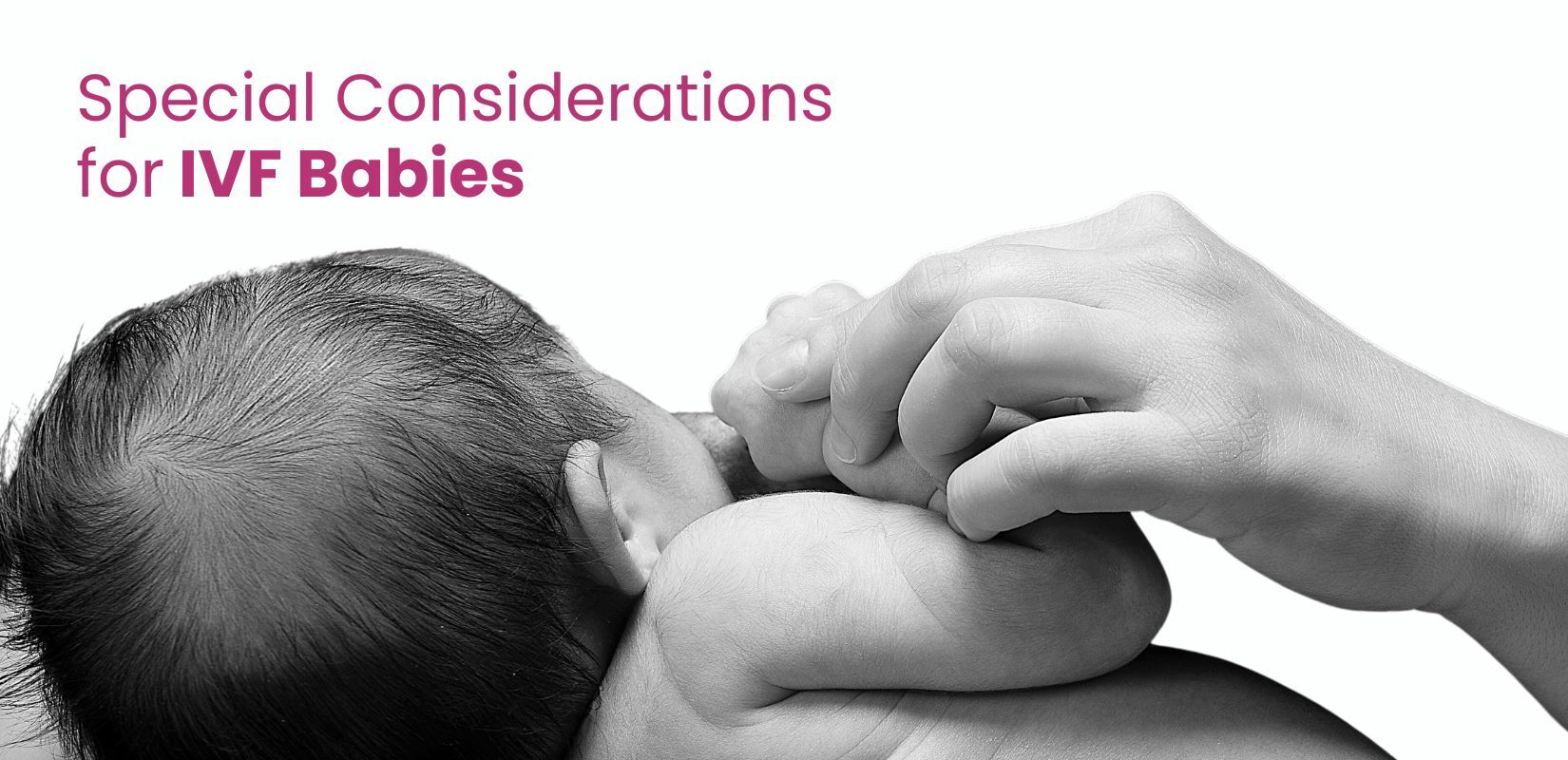
Breastfeeding is a topic of great interest for expectant parents, including those who have conceived through In-Vitro Fertilization (IVF). While the process of IVF may differ from natural conception, the experience of breastfeeding and its benefits for both mother and baby remain largely the same. However, there are unique considerations and potential challenges that can arise in IVF pregnancies when it comes to breastfeeding.
In this comprehensive guide, we will explore the factors that can impact breastfeeding in IVF pregnancies and provide valuable insights and tips to support mothers who have undergone IVF in their breastfeeding journey.
One of the primary concerns for women undergoing IVF is whether the fertility treatment process may affect their ability to breastfeed. It is essential to understand that IVF procedures involve the retrieval of eggs, fertilization in a lab setting, and the transfer of embryos into the uterus. These processes do not directly interfere with the body's ability to produce breast milk after pregnancy. Once a woman conceives through IVF, her body goes through the same hormonal changes and preparations for lactation as in a naturally conceived pregnancy.
To optimize the chances of successful breastfeeding, it is crucial for women who have undergone IVF to receive proper prenatal care and support. Lactation consultants can be a valuable resource in providing guidance and assistance throughout the breastfeeding journey, addressing any potential issues that may arise. These professionals can offer personalized advice tailored to the specific needs of mothers who have conceived through IVF.
Additionally, the emotional and physical stress associated with infertility and fertility treatments could potentially affect a woman's breastfeeding experience. Stress can sometimes impact milk production, so finding ways to manage stress and create a supportive environment can be beneficial. Engaging in relaxation techniques, seeking emotional support, and practicing self-care can help reduce stress levels and promote breastfeeding success.
The age of the mother at the time of conception can also play a role in breastfeeding outcomes in IVF pregnancies. Women who undergo IVF at an older age may have certain age-related considerations that can affect breastfeeding. Older mothers might experience more challenges with milk supply or let-down reflex. However, with appropriate support, they can still successfully breastfeed. Working closely with a healthcare provider and lactation consultant can help address these challenges and develop strategies to overcome them.

Babies born through IVF may have unique health considerations that can impact the initiation and progression of breastfeeding. Some babies conceived via IVF may be born prematurely or have certain health conditions that require specialized care. In such cases, initiating breastfeeding might be delayed, and alternative feeding methods, such as pumping and providing expressed breast milk, may be necessary until the baby is ready to breastfeed. It is crucial to work closely with healthcare professionals to ensure the baby's health and well-being while establishing a successful breastfeeding relationship.
It is essential to note that every woman's experience with breastfeeding, whether through IVF or natural conception, is unique. Factors like individual health, the baby's health, and family support can all impact the breastfeeding journey. To enhance the chances of breastfeeding success, it is crucial to create a supportive environment that includes the involvement of partners, family members, and friends. Their support and understanding can make a significant difference in a mother's breastfeeding experience.
To help mothers who have conceived through IVF have a successful breastfeeding journey, here are some practical tips:
Breastfeeding in IVF pregnancies is generally no different from breastfeeding in naturally conceived pregnancies. The process of conception through IVF does not directly interfere with a woman's ability to produce breast milk. However, there may be additional considerations due to the reasons for fertility treatment, the age of the mother, and the health of the baby. Seeking support from healthcare professionals, lactation consultants, and support groups can help ensure a successful and fulfilling breastfeeding experience for mothers who have conceived through IVF. Remember, every breastfeeding journey is unique, and with the right resources and support, mothers can provide their babies with the many benefits that breastfeeding offers.
Your email address will not be published. Required fields are marked *